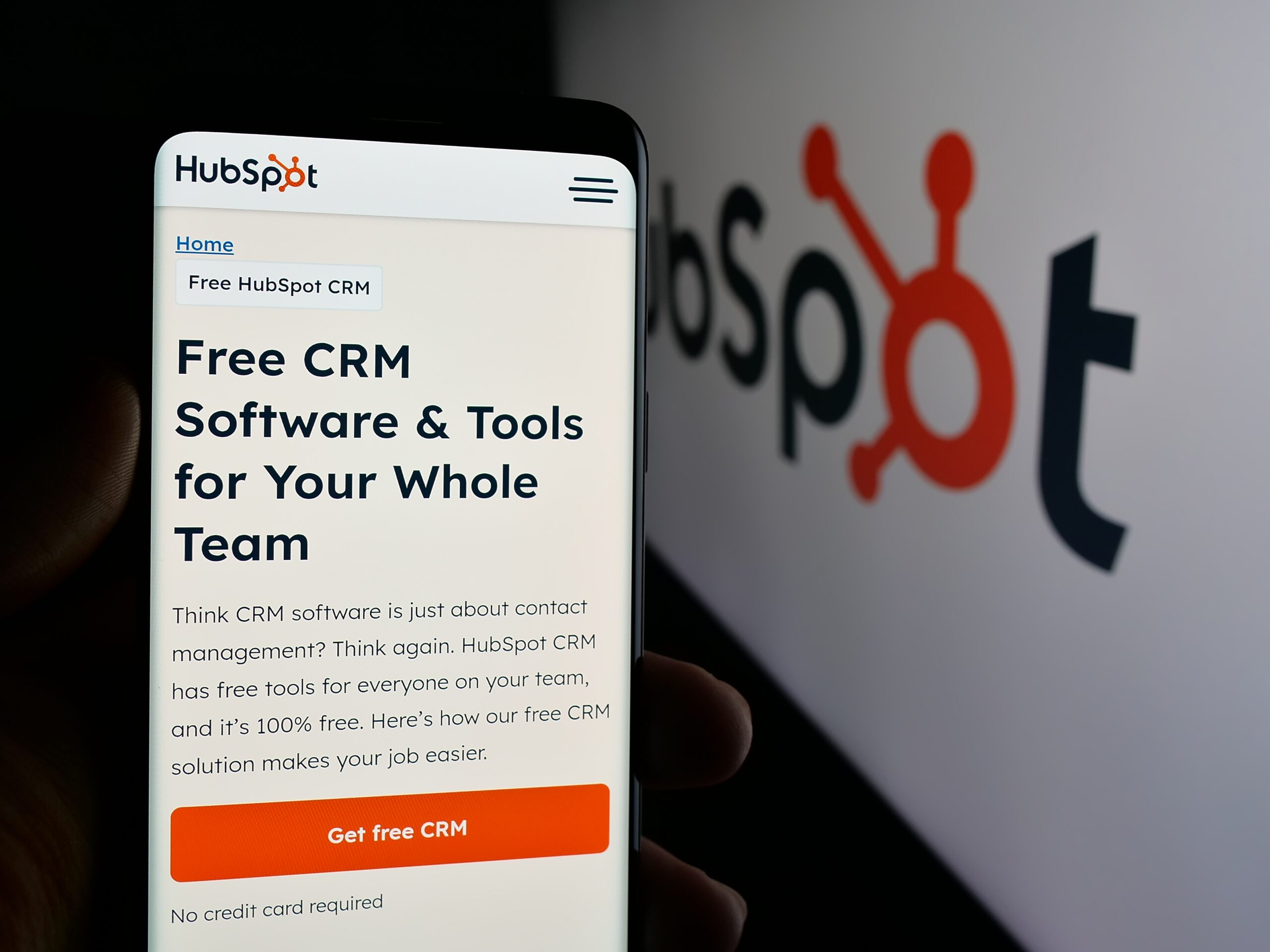Summary
Google’s AI Overviews (AIOs), introduced on May 15, 2024, represent a transformative development in the search engine’s methodology for delivering information, positioning themselves prominently at the top of search engine results pages (SERPs) just below the search box. Powered by the advanced Gemini language model, AIOs utilize generative AI to provide succinct answers to user queries, fundamentally changing user interaction by often eliminating the need for further clicks on traditional organic listings.[1][2] This shift has provoked significant discussions regarding its implications for search engine optimization (SEO) practices, as businesses and content creators grapple with declining organic visibility and evolving user behavior patterns.
The introduction of AIOs has notably affected click-through rates, with studies estimating an average decline of around 140% for non-branded search terms.[3] The prominence of AIOs—averaging approximately 1,764 pixels in height—often pushes traditional organic listings further down the results page, leading to a trend where top organic results may experience reduced engagement.[4][3] As a result, the landscape of website traffic is being reshaped, as users increasingly engage in zero-click searches, where they find answers without visiting external sites.[5]
This shift necessitates a reevaluation of SEO strategies, emphasizing high-impact keywords and monitoring visibility share. Additionally, the impact of AIOs is not uniform; it varies according to keyword types and user intent, presenting both challenges and opportunities for brands.[4] While the risk of decreased traffic and revenue is evident—with 55% of websites reportedly experiencing declines in 2023—there are also potential advantages, such as enhanced brand visibility associated with valuable AI-generated content.[6][7]
As businesses navigate this evolving landscape, adapting to new metrics and focusing on comprehensive content strategies that align with user intent will be crucial for sustaining organic rankings and engagement in a world increasingly dominated by AI.[8][9] The emergence of Google’s AI Overview underscores the urgent need for companies to innovate and refine their SEO tactics to remain competitive. Legislative measures like the AI Disclosure Act of 2023, promoting transparency in AI-generated content, emphasize the importance of building trust and reliability in information dissemination.[10] In this rapidly shifting environment, those who effectively harness AI’s potential will likely gain significant advantages, positioning themselves for success in the future of digital marketing.[11][12]
Background
Google’s AI Overviews (AIOs), launched on May 15, 2024, marked a major shift in how Google delivers information to users. Positioned at the top of SERPs, AIOs provide immediate answers to queries, minimizing the need for further clicks. Powered by Google’s Gemini language model, these generative AI tools push traditional organic listings down the page, altering SEO practices and visibility of organic content.
Source
Effects on Organic Ranking
The introduction of AIOs has had a significant impact on organic search rankings and visibility. As AI Overviews take up substantial space on SERPs, they have been linked to a reduction in click-through rates (CTR) for non-branded search terms, with studies estimating a decline of around 140%.[3] AIOs, averaging 1,764 pixels in height, push organic listings further down the page.[5]
Impact on Click-Through Rates
The prominence of AIOs has drastically reduced organic visibility. For non-branded terms, click-through rates are down by around 140%, pushing the top organic listing to a position equivalent to the 10th place.[4]
Changes in User Behavior
Users are increasingly engaging in zero-click searches, where they find answers directly from the AI Overview without clicking through to websites. This shift disrupts traditional website traffic patterns and challenges SEO strategies.[5]
Variability Across Keywords
The impact of AIOs varies across different keyword types. For example, transactional keywords may experience less reduction in visibility compared to informational keywords.[8]
Methodology of Analysis
A December 2023 study analyzed 1,000 keywords to measure AIOs’ impact on organic visibility. The findings suggest that SEO professionals need to rethink their strategies and focus on maintaining “real estate” on SERPs.[13]
Case Studies: Successful Implementations of AI Overview
Brands like H&M, Coca-Cola, and Sephora have effectively used AI Overviews to increase engagement and customer loyalty. By aligning with AI-generated content, these brands saw improved business outcomes.[18]
Measuring Engagement
Metrics like user interaction and engagement are vital to assessing the impact of AIOs. By tracking these, businesses can refine their strategies and maximize engagement.[18]
Adapting SEO Strategies
With AIOs becoming more prominent, businesses need to adapt their SEO strategies by focusing on user intent and content relevance.[8]
Impacts on Traffic and Click-Through Rates
The rise of AI Overviews has caused a decline in website traffic, with 55% of websites experiencing traffic reductions in 2023.[7]
Balancing Risks and Opportunities
While AI Overviews reduce traffic, they also present opportunities for brands to enhance visibility by associating themselves with valuable, AI-generated content.[6]
Future Implications
The introduction of AIOs will reshape SEO and digital marketing. As traditional SEO tactics may lose their effectiveness, marketers will need to focus on creating comprehensive content that aligns with user intent.[22]
Shifts in SEO Strategy
SEO professionals will need to prioritize comprehensive content strategies and better user experiences to remain competitive in the AI-driven search landscape.[22]
Increased Competition
With AIOs facilitating transactions directly on Google’s platform, businesses will face heightened competition, necessitating unique content and better engagement strategies.[21]
Adaptation to New Metrics
As AI changes how search engines rank content, businesses must adapt to emerging metrics that determine visibility in search results.[12]
Embracing AI’s Potential
Companies that embrace AI technologies will gain a competitive advantage, using them for content personalization, lead qualification, and data-driven decisions.[11]




